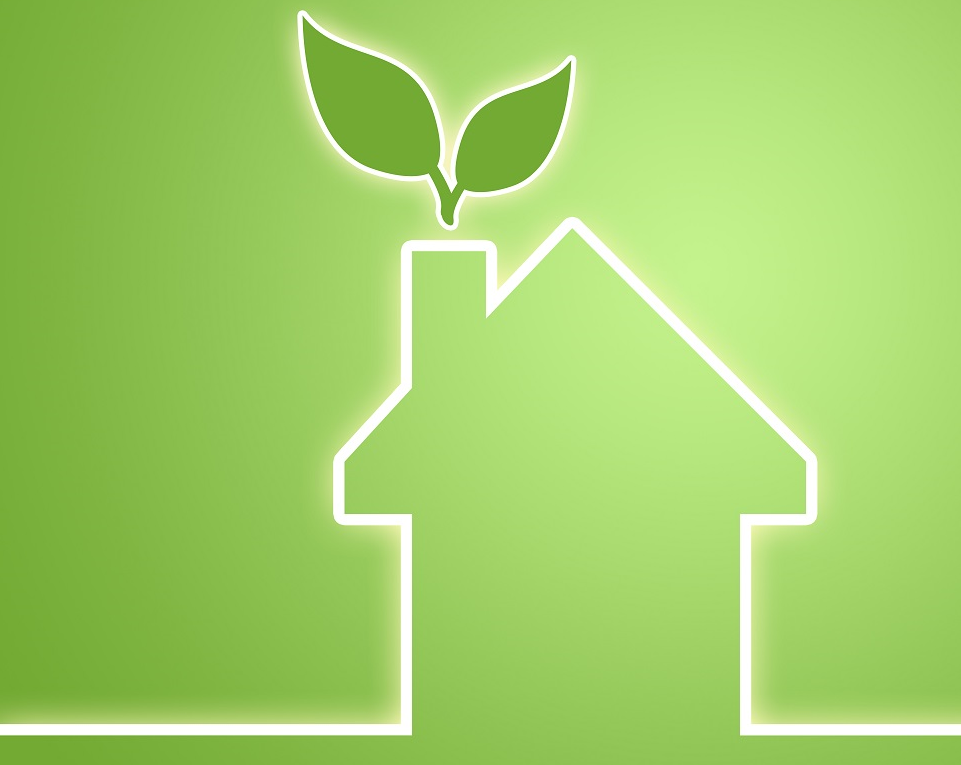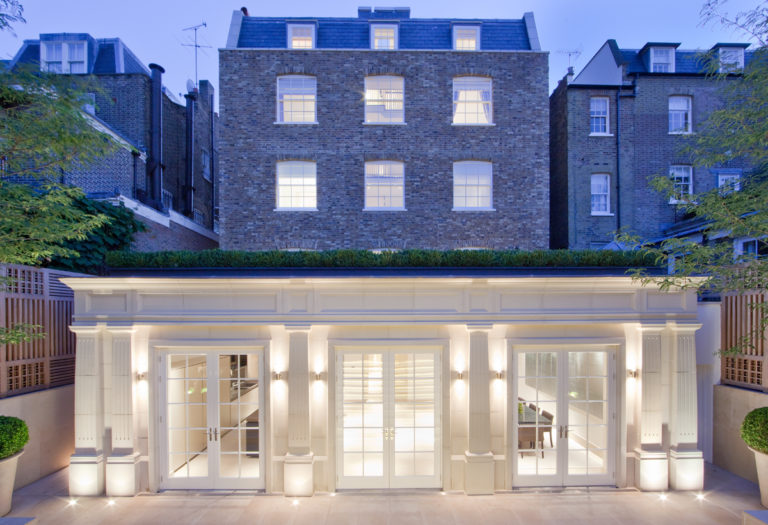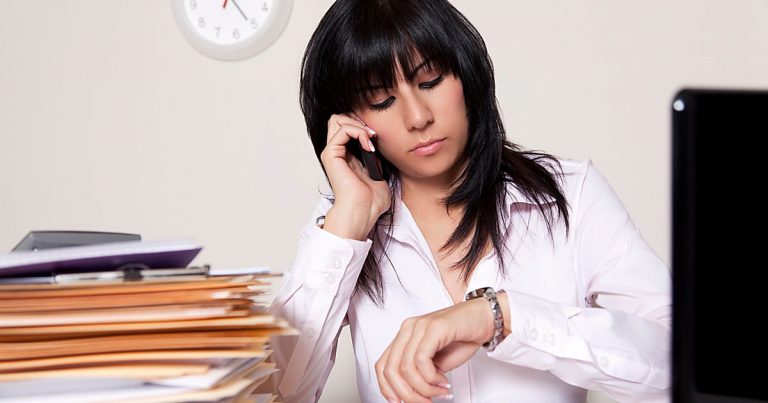With the winter coming we’re looking at ways to save energy using smart technology. This looks at heat and light in our homes, but can be applied to office and hotels too. There is an ever increase in pressure to reduce our use from an environmental impact. There is also the ever increase in energy costs too. For anyone interested in reducing their costs and use, here are a few ideas that to help with a smart technology twist:
Change energy supplier
Not the most exciting prospect. However, changing energy supplier can dramatically drop the cost of heating, hot water, lighting, and electricity use. There are plenty of comparison sites to choose from. They will take your information, go out to the market and find the best deal for you.
You’ll need to have your latest bill ready, which will typically have the name of your current plan, an estimated annual usage and a renewal date. Enter these onto your preferred energy supplier comparison site and see if there is a saving to be made. If you haven’t changed suppliers recently, it’s worth checking.
Here are a few examples. We have found most success with Money saving expert, as it will update you when you’re current supplier can be beaten:
https://www.moneysavingexpert.com/cheapenergyclub
Smart Heating
Save energy by using a smart technology heating system. Changing to a multi-zone smart heating system can make a property comfortable to live in and will help reduce energy use. A multi-zone heating system enables you to control the temperature in individual rooms. For instance, having a guest room with its own thermostat will allow you to turn the temperature down to 16 degrees in this room when it’s not in use while the living room can be enjoying a nice, comfortable 21 degrees. A good smart heating system will allow you to grab a smart phone and change the guest room to 21 degrees before the guest arrives. You can do this for many rooms that are either rarely used or just don’t need the temperature quite so high.
Having a smart heating system also allows you to change the timing schedules for each room individually. If you know that the living won’t be used in the day during week days, set it to 16 degrees during these times and bring it back to 20/21 degrees when you know you are likely to be there.
Together with some small changes in hot water times will make a huge impact on comfort and energy usage.
Energy Efficient Lighting
Save energy by using smart technology lighting. Over the last couple of decades, there has been an increase in the number of lights in each room. Particularly downlights. They look great but have also seen an increase in energy use. There are some ways to tackle this.
- Introduce a smart lighting system that uses Triac technology, like Lutron, Control4 or Crestron. Unlike traditional dimmers, these will save you energy when the lighting is dimmed even fractionally. Take time to pick the right dimmer for your lights to avoid flickering or overloading. A good smart lighting system will also allow you to see which rooms have lights left on so that you can turn them off if you know they are not being used.
- If you have a smart lighting system in place, take a look at the lighting scenes and consider whether the scenes could be changed slightly. For instance, do you need the bedside lamps to turn on with the ‘On’ button in bedrooms? Could the ‘On’ button be a lower setting, to just provide general lighting, rather than an all on? Could you dim some scenes by 10%? Quite often it’s hardly noticeable and yet saves lots of energy.
- If you have halogen bulbs, changing them to LEDs is one of the most effective ways of reducing usage. Not to mention the reduced maintenance of having to change them. Most LED replacements will use less than a quarter of the energy used by a halogen equivalent. Take extra time to pick the right fittings. Having lights that flicker when dimmed or produce the wrong warmth of colour can turn a good investment into a nightmare. Many LED replacements will pay for themselves within a few years.
- Consider having occupancy sensors fitted in areas where people spend little time. Like hallways, WCs, Utility rooms, Garages. That way lights will automatically turn off when the area is not being used.
Energy Efficient AV equipment
Save energy using smart technology AV. Televisions and amplifiers have advanced dramatically in recent years. Changing from a plasma television to an OLED not only provides an improvement in picture quality but size for size, it will reduce the energy use too. The same goes for amplifiers that drive the audio and cinemas set ups too. Newer models, from companies such as Crestron, Control4, Rotel and Sonance, run much cooler and take up less space.
There are also some clever ways of ensuring everything has been turned off when you leave the property. For instance, have the system programmed to turn the lighting and AV systems off when you set the alarm? Perhaps leaving just a few key lights turning on and off to make it look like someone’s still home to deter burglars.
Hopefully, these will give you a few ideas to save energy and at the same time enjoy a more comfortable home.
We are working harder and harder to ensure our customers get the most from us. We would welcome any feedback on the service you are receiving or requests for future subjects that we cover in future newsletters.








